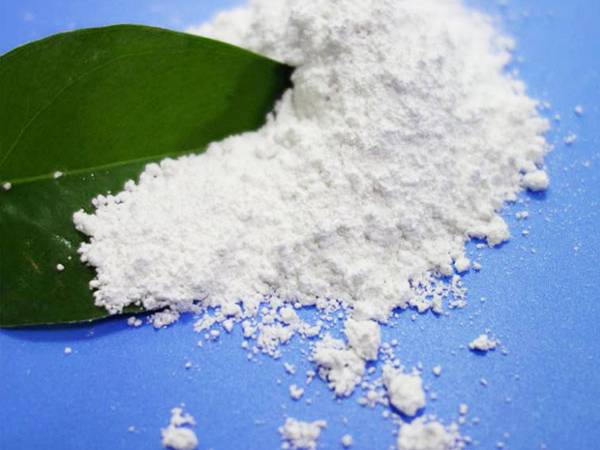



Swimming Pool Water Care Solutions for Optimal Cleanliness and Safety
Swimming Pool Water Treatment Options Keeping Your Pool Clean and Safe
Owning a swimming pool is a great privilege, providing a perfect retreat for relaxation and entertainment. However, maintaining the water quality is crucial to ensure the safety and enjoyment of all swimmers. Effective swimming pool water treatment not only keeps the water clear and inviting but also prevents the growth of algae, bacteria, and other harmful microorganisms. In this article, we will explore various water treatment options available for swimming pools, their benefits, and some best practices for maintenance.
1. Chlorination
Chlorination is one of the most common methods of pool water treatment. Chlorine is a powerful disinfectant that effectively kills bacteria and helps control algae. There are various ways to introduce chlorine into a pool
- Liquid Chlorine This is a concentrated form of chlorine that needs to be diluted before adding to the pool. It offers quick results but may require more frequent applications. - Chlorine Tablets These slow-dissolving tablets are popular because they are convenient and provide a steady release of chlorine over time. They can be placed in a skimmer or a floating dispenser.
- Saltwater Chlorination This innovative method uses a saltwater generator to convert salt into chlorine. It offers a more stable level of chlorination and is often considered gentler on the skin and eyes, making it a preferred choice for many pool owners.
2. Bromine
Bromine is an alternative to chlorine that is effective in higher temperatures, making it ideal for hot tubs and heated pools. Unlike chlorine, bromine does not have a strong odor and remains stable at varying pH levels. Although bromine tends to be more expensive than chlorine, it can be a worthwhile investment for those sensitive to chlorine’s smell or skin irritations.
3. Ultraviolet (UV) Disinfection
Ultraviolet disinfection is gaining popularity as a non-chemical water treatment option. UV systems use ultraviolet light to kill harmful microorganisms without altering the water chemistry. This method significantly reduces the need for chlorine, thereby lessening the harshness of pool chemicals on skin and eyes. However, UV treatment does not eliminate chloramines—compounds formed when chlorine combines with organic matter—hence, it is often used in conjunction with traditional sanitization methods.
4. Ozone Treatment
swimming pool water treatment options

Ozone treatment involves using ozone gas as a powerful oxidizer that effectively kills pathogens. Ozone is produced on-site and can reduce the amount of chlorine needed, which makes for a more pleasant swimming experience. One downside is that ozone dissipates quickly, so it is typically used alongside other sanitization methods to ensure ongoing protection.
5. Hydrogen Peroxide
Hydrogen peroxide is becoming increasingly popular as a pool treatment option due to its ability to oxidize contaminants. It breaks down into oxygen and water, making it a more environmentally friendly choice. Though effective, it requires careful monitoring because higher concentrations can be harmful.
Best Practices for Pool Maintenance
Regardless of the water treatment method chosen, maintaining optimal water quality involves several best practices
- Regular Testing Use testing kits to regularly check pH levels, chlorine levels, alkalinity, and other parameters. This helps in keeping the water balanced and safe for swimmers.
- Filtration Ensure that the pool’s filtration system is functioning correctly. Regularly clean and maintain the filter to efficiently remove debris and impurities.
- Skimming and Vacuuming Regularly skim the surface of the pool and vacuum the bottom to remove leaves, dirt, and debris, which can contribute to algae growth and bacterial contamination.
- Proper Circulation Make sure the water circulates effectively by running the pump for an adequate amount of time each day. Good circulation helps distribute treatment chemicals uniformly throughout the pool.
In conclusion, maintaining clean and safe swimming pool water requires a combination of effective treatment options and regular maintenance practices. By understanding the various methods available, pool owners can choose the best approach to ensure their pool remains a refreshing oasis for family and friends.
-
Why Sodium Persulfate Is Everywhere NowNewsJul.07,2025
-
Why Polyacrylamide Is in High DemandNewsJul.07,2025
-
Understanding Paint Chemicals and Their ApplicationsNewsJul.07,2025
-
Smart Use Of Mining ChemicalsNewsJul.07,2025
-
Practical Uses of Potassium MonopersulfateNewsJul.07,2025
-
Agrochemicals In Real FarmingNewsJul.07,2025
-
Sodium Chlorite Hot UsesNewsJul.01,2025










